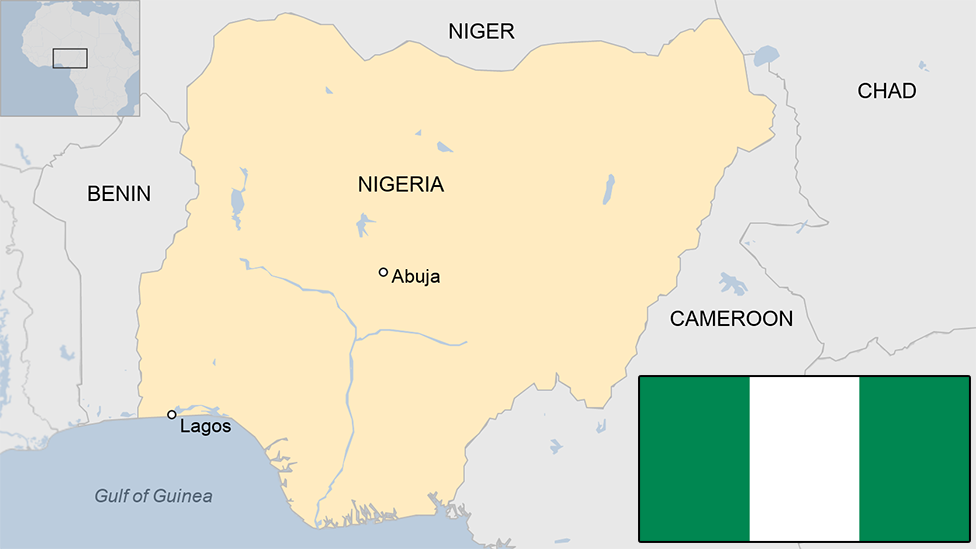Benin country profile
- Published
This page is no longer being updated. It was last updated on 28 July 2023
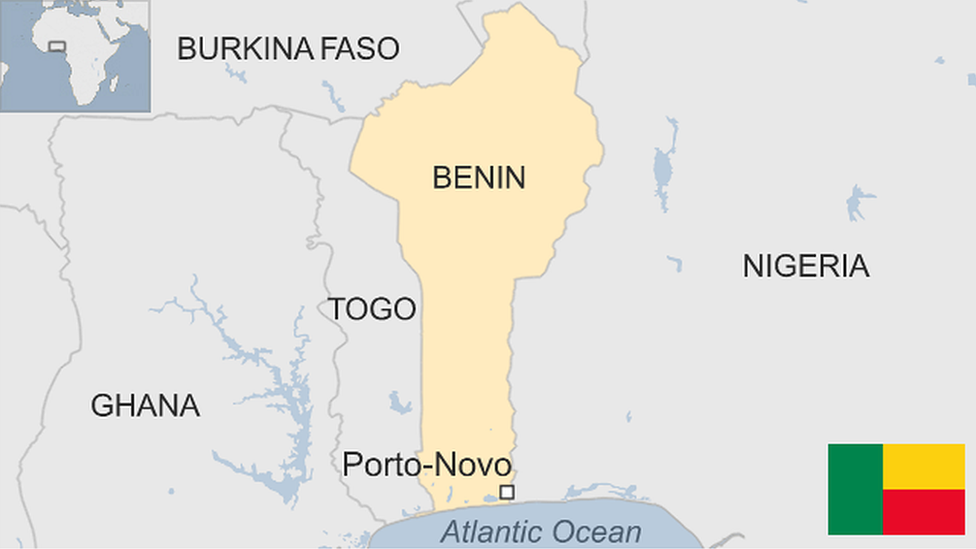
Benin, formerly known as Dahomey, is one of Africa's more stable democracies.
Benin's shore includes what used to be known as the Slave Coast, the departure point for captives to be shipped across the Atlantic.
Elements of the culture and religion brought by slaves from what is now Benin and other parts of West Africa are still present in the Americas. These include Vodun (also spelt Vodoun, Voudou or - in English - Voodoo) which is celebrated at the country's annual "Fête du Vodoun" or Voodoo Day.
On the economic side, however, the picture is less bright - Benin is severely underdeveloped, and corruption is rife.
While the country has experienced economic growth over the past few years and is one of Africa's largest cotton producers, it ranks among the world's poorest countries.
To the north, there have been sporadic clashes along Benin's border with Burkina Faso. The trouble has been blamed on land disputes between rival communities on both sides of the border.
Read more country profiles, external - Profiles by BBC Monitoring, external
REPUBLIC OF BENIN: FACTS
Capital: Porto-Novo
Area: 114,763 sq km
Population: 13.7 million
Languages: French, also Fon, Yom, Yoruba, Gun, Baatonum, Biali, Dendi, Fulfulde
Life expectancy: 60 years (men) 63 years (women)
LEADER
President: Patrice Talon
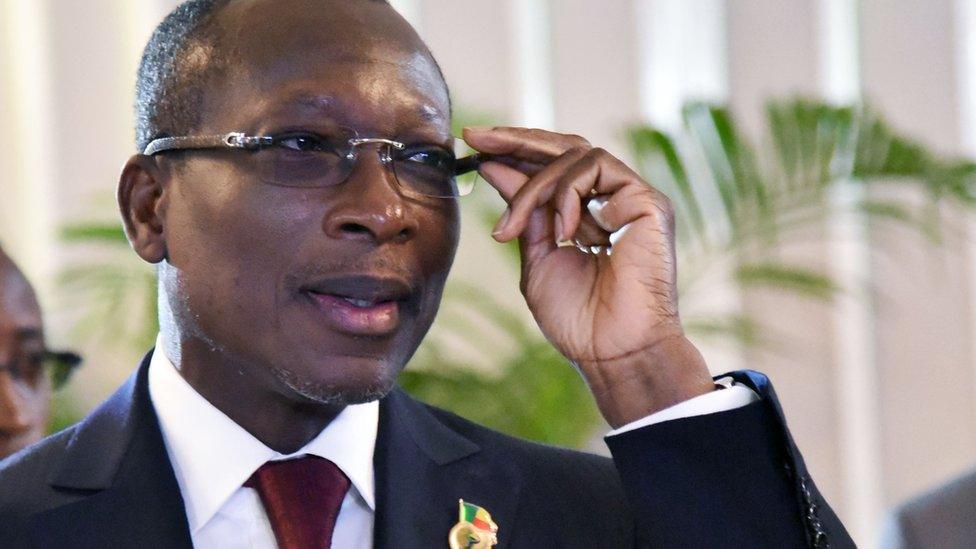
Businessman Patrice Talon, known as the "king of cotton", won the 2016 presidential election in a run-off vote in March.
He beat Prime Minister Lionel Zinsou, the candidate of the ruling party, who had the backing of outgoing President Boni Yayi.
On taking up his post he pledged to make tackling terrorism and cross-border crime a priority area, and to strive to promote national unity.
Critics say Benin's democratic system has declined since President Talon took office. The electoral commission, packed with Talon's allies, barred all opposition parties from the parliamentary election in 2019.
He was re-elected president in 2021.
MEDIA
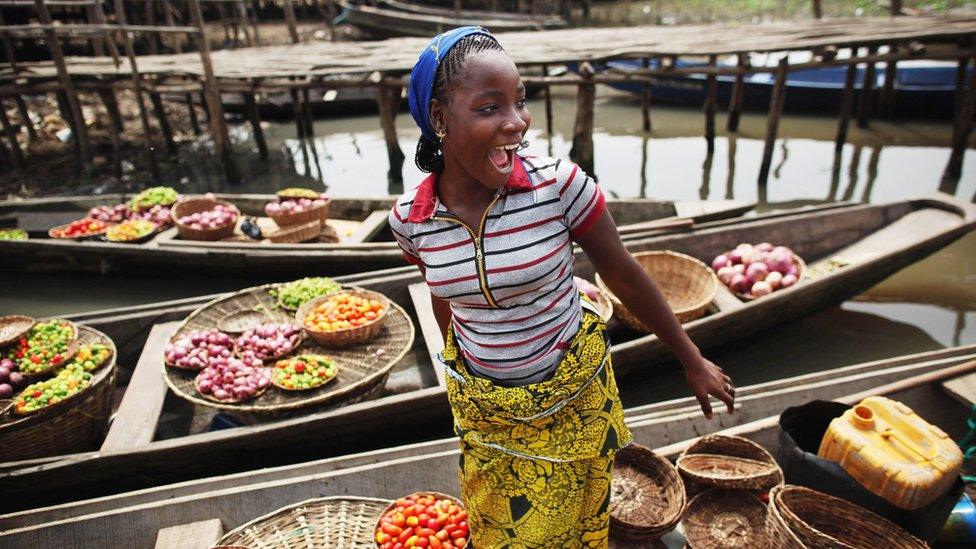
Benin's constitutional guarantees of freedom of expression and print outlets express a wide variety of viewpoints.
However, media outlets have encountered new scrutiny and restrictions under the President Talon, says the US-based NGO Freedom House and media outlets critical of the government "have increasingly risked suspension".
TIMELINE
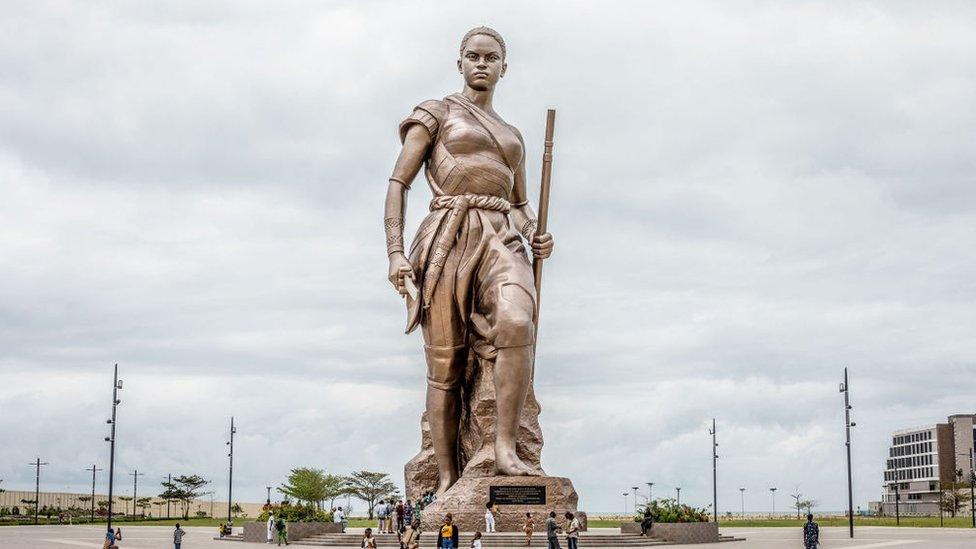
A giant 30-metre high bronze statue representing an Amazon, one of Benin's historic female warriors
Some key dates in Benin's history:
1300-1896 - Oyo Empire: a Yoruba empire that stretches from western Nigeria to eastern Benin, where it clashes with Dahomey. One of West Africa's most significant regional powers.
1580-1727 - Kingdom of Whydah: a major slave trading centre on the coast of Benin, which exported more than one million Africans to the US, Caribbean and Brazil. Whydah was conquered and annexed by Dahomey in 1727.
1600-1904 - Kingdom of Dahomey: develops on the Abomey Plateau amongst the Fon people and becomes a regional power in the 18th Century by expanding south to conquer key cities like Whydah on the Atlantic coast. For much of the mid-19th Century, Dahomey becomes a key regional state, after ending tributary status to the Oyo Empire. Known for its military discipline, it institutes an elite female soldier corps.
1890-94 - France and Dahomey fight two war that lead to Dahomey's military defeat and its incorporation into France's colonial territory of West Africa.
1960 - Dahomey gains independence and is admitted to the UN.
1960 - Elections won by the Parti Dahomeen de L'Unite. Party leader Hubert Maga becomes country's first president.
1963 - President Maga is deposed in a coup led by the army's chief of staff, Col Christophe Soglo.
1964 - Sourou-Migan Apithy is elected president.
1965 - General Soglo forces the president to step down and assumes power.
1967 - Major Maurice Kouandete leads a coup. Lt Col Alphonse Alley replaces Gen Soglo as head of state.
1968 - Military nominate Emile-Derlin Zinsou as president.
1969 - Lt Col Kouandete deposes President Zinsou.
1970 - Presidential elections are held but abandoned. Power is ceded to a presidential triumviratel.
1972 - Socialist Major Mathieu Kerekou seizes power and rules for next 19 years.
1975 - Dahomey is renamed the People's Republic of Benin. The Marxist People's Revolutionary Party is made the country's sole political party.
1988 - Two unsuccessful coup attempts.
1989 - Riots and demonstrations, banks collapse, Marxism is dropped as Benin's official ideology.
1990 - Unrest continues. President Kerekou meets dissident leaders. Agreement on constitutional reform and multi-candidate presidential elections. Country changes its name to the Republic of Benin.
1991 - President Kerekou is beaten by Nicephore Soglo in the first multi-candidate presidential elections. Kerekou is granted immunity from prosecution over actions taken since 1972.
2004 - Benin, Nigeria agree to redraw their mutual border.
2005 - International Court of Justice awards most of the river islands along the disputed Benin-Niger border to Niger.
2009 - Benin announces discovery of oil offshore near Seme, a town on the Nigeria-Benin border.
2023 - Benin recruits a further 5,000 soldiers, following a rise in militant attacks on its northern border with Burkina Faso amid the continuing Islamist regional insurgency.
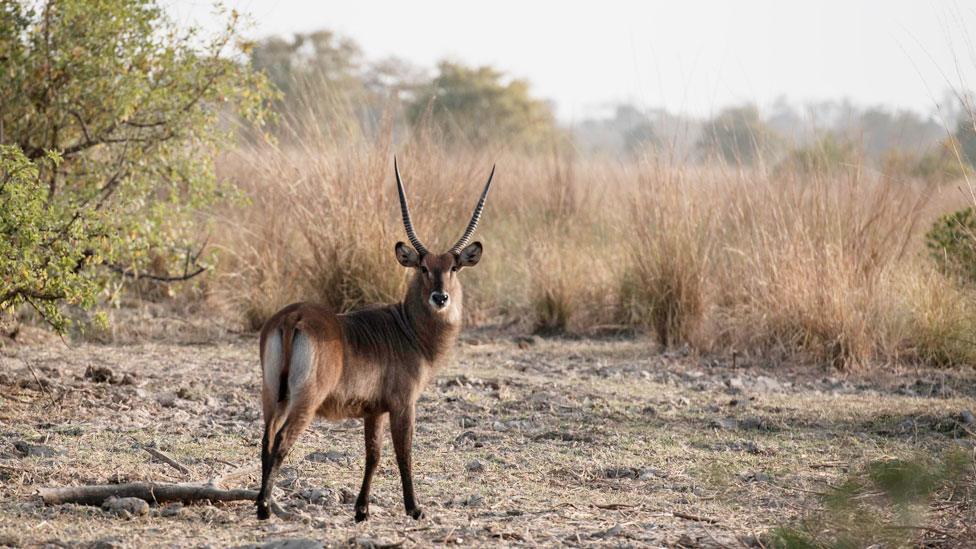
The government has been reviving Pendjari National Park to promote conservation and tourism
- Published21 May 2024
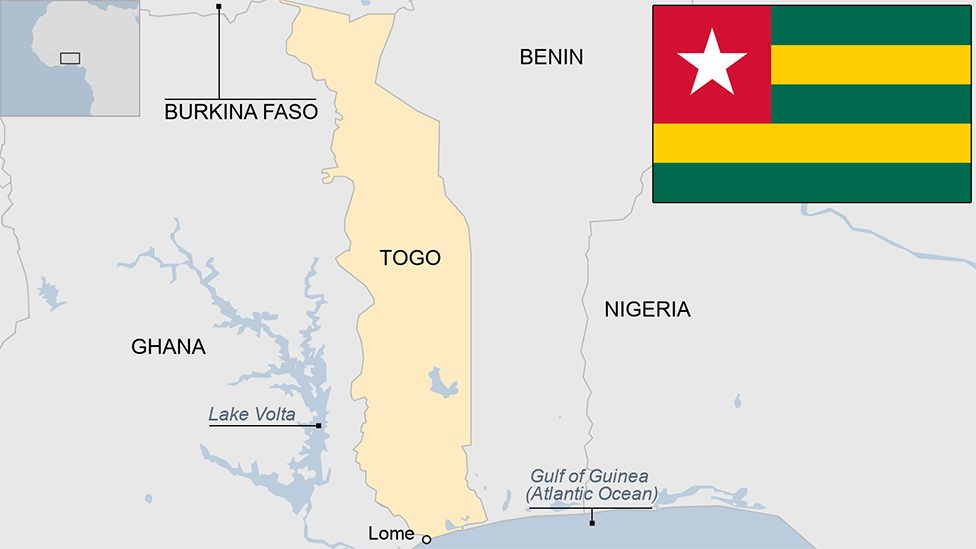
- Published7 January
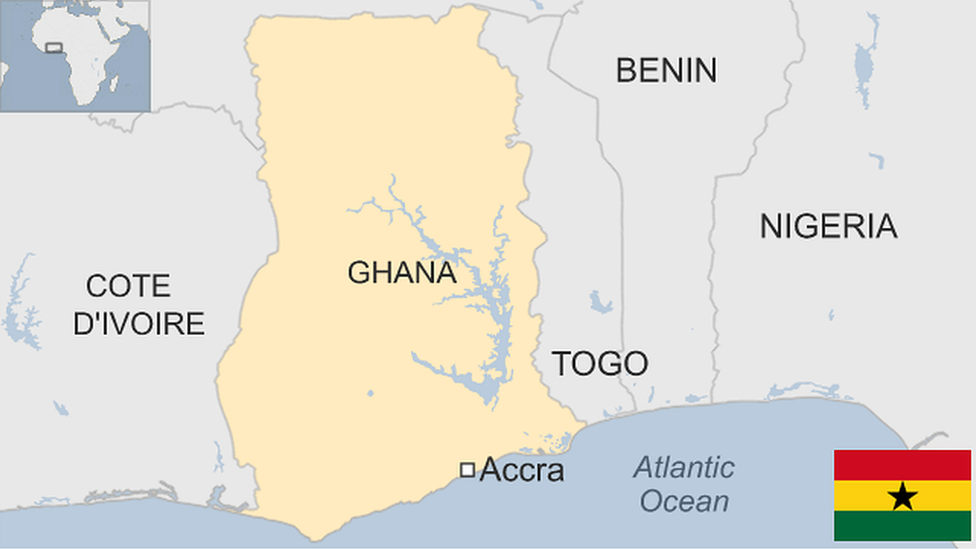
- Published26 February 2024
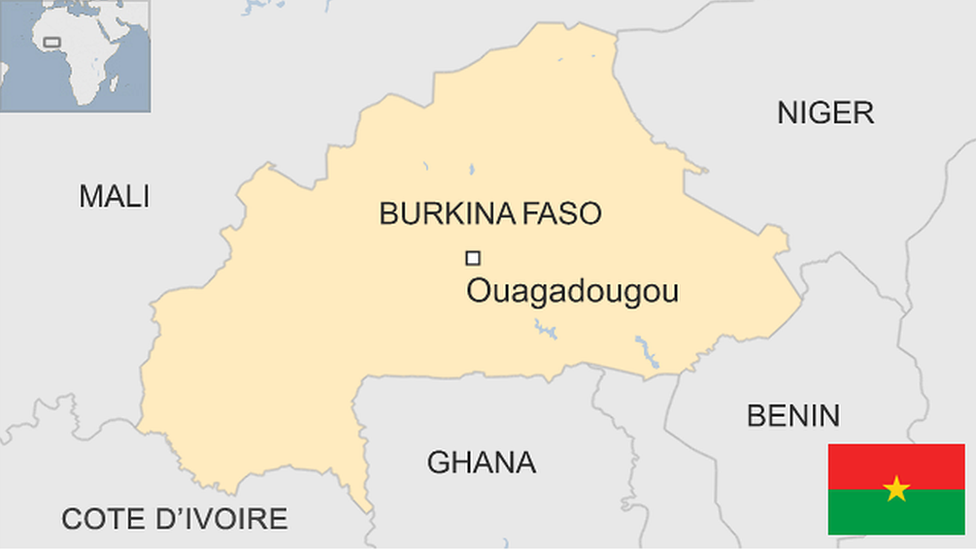
- Published4 August 2023
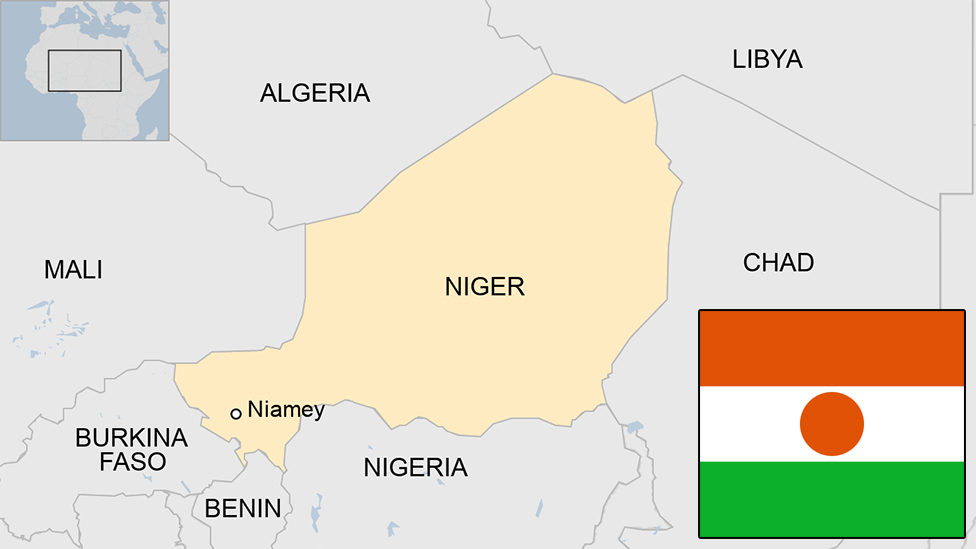
- Published28 July 2023
